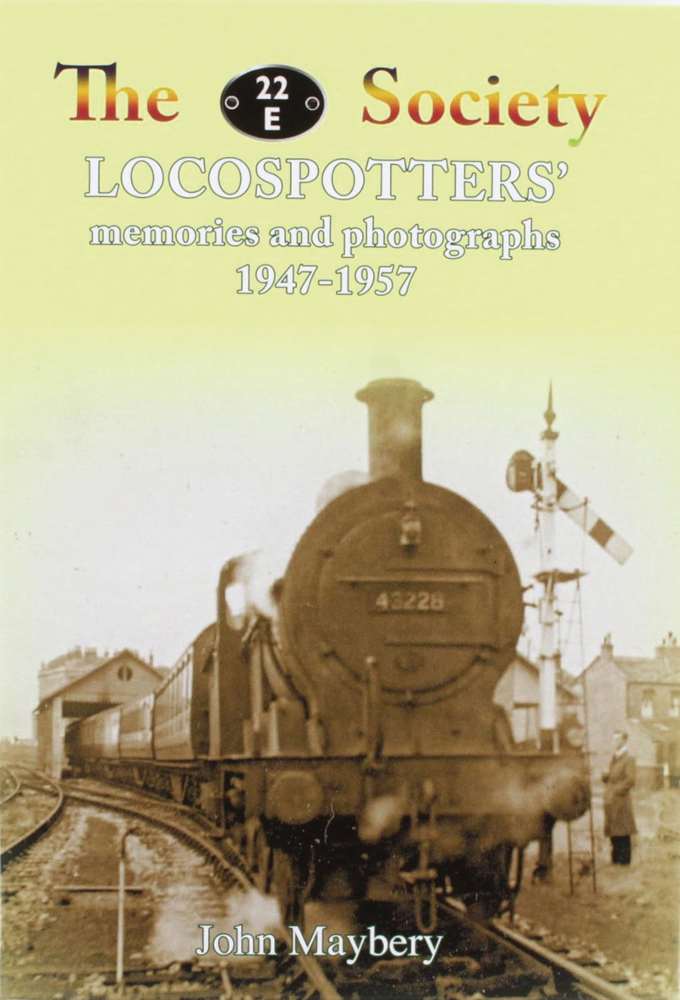The 22E Society - Loco Spotters' Memories and Photographs 1947-1957

The 22E Society - Loco Spotter's Memories & Photographs 1947 - 1957
John Maybery
The origins of the 22E Society started in the summer of 1946 in Highbridge,a small market town in Somerset. Even in the days of limited private car ownership it was a holiday traffic bottleneck with many delays caused by the S&D level crossing on the main street. The closure of the S&D Burnham Branch in the 1960's and the construction of the M5 motorway turned Highbridge once more into a quiet market town. 22E was the code for the small locomotive shed at Highbridge, the smallest shed in the Bristol division of the LMS motive power department. An outpost of the LMS in the heart of Great Western territory, although only 25miles from Bristol the route over LMS metals was via Evercreech Junction and Bath a distance of some 60-70miles. Highbndge shed was home to a small group of ex Midland 0-4-4Ts and 0-6-0 tender engines which handled the traffic between Evercreech and Burnhamon- Sea. The LMS line ( always called the S&D by the local population ) crossed the GW line at Highbridge, there were in effect two stations at Highbridge linked by a footbridge and at platform level.The author's real interest in railways started in 1946 when he purchased his first Ian Allen ABC and what better place to spot locomotives than at Highbndge station, like most stations it had it's compliment of loco spottersA". Although he did not realise it at the time this was the beginning of the 22E Society. Highbridge Great Western station was a busy intermediate station on the Bristol - Exeter main line with some 8-10 stopping trains per day, local pick-up goods and much through freight traffic. There was a good deal of interchange freight traffic between the GW and the S&D with milk tanker traffic from the Express Dairy factory at Basonbridge being transferred every evening at Highbridge to the West of England - London milk train. This was a slick operation as within the space of 20 mins or so the up main line would see this transfer closely followed by the up mail train which collected mail


